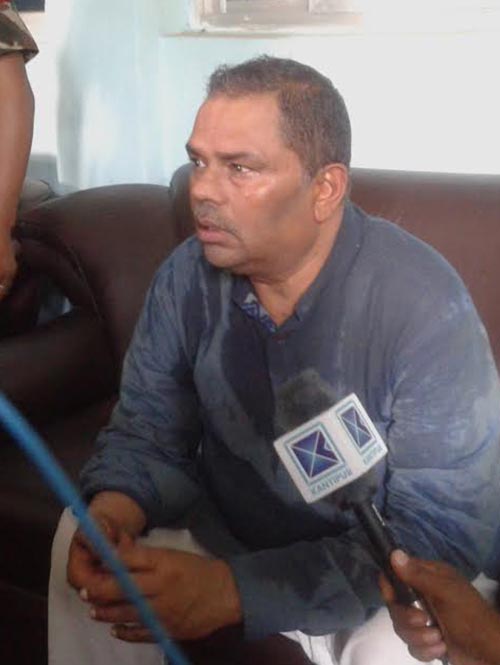Notable progress made in improving access to healthcare, says minister
Kathmandu, December 12
Minister of Health and Population Upendra Yadav said Nepal had made notable progress in the realisation of goals related to child and maternal health under the Millennium Development Goals.
“Nepal achieved the MDGs target in reducing child mortality, while it is nearly there in reaching the target on maternal mortality. Today, we continue to focus on the unfinished business of MDGs era,” he said at the Partners’ Forum, 2018 organised by the Indian Ministry of Health in New Delhi today.
According to Minister Yadav, Nepal has directed its concerted efforts to address the major killers of mothers, newborns and children. “However, achieving the maternal and newborn related SDGs targets with equity is a tremendous challenge for Nepal. In this noble endeavour, we have a lot of expectation from the partnership forum like this. For us, this is an opportunity to share experiences, learn from each other and galvanise the much-needed international support,” he said.
The constitution ensures health as the fundamental right of the people. Legal framework, as well as service delivery mechanism have been devised accordingly to realise this vision. “When it comes to child and maternal health, we have a robust Safe Motherhood and Reproductive Health Act. Maternal, newborn and child health services have been included in the basic health service package and have been provided through all levels of health facilities for free. This requires a partnership approach across all levels of government,” Yadav stated.
He also said that ‘Health in All’ policy was the need of the hour and this approach had been increasingly being emphasised as the strategy to mobilise multi-sectoral action for health and to increase policy coherence. “As part of the institutional set up of this holistic approach, we have constituted a multi-sectoral board under the Public Health Service Act. While the shift from MDGs to SDGs has allowed more opportunity for multi- sectoral approach, it also requires change in the mindset, innovative ways and governance not only at the government’s level, but also for civil society, the private sector and the research community,” Yadav stressed.
Minister Yadav further stated that the empowerment of women was integral to all dimensions of inclusive and sustainable development goals. In Nepal, growth in the literacy rate of women; their empowerment and the gradual social and cultural transformation has allowed women to access health services for themselves and their children which will eventually contribute in achieving the targets of SGDs.
“The Government of Nepal is committed to achieving the Universal Health Coverage for all. The ‘Aama Programme’, which provides incentive for safe delivery, the Social Health Insurance Programme and other free health care programmes are some examples of targeted interventions to address the financial barriers in accessing the health care for mothers and children,” he said.






